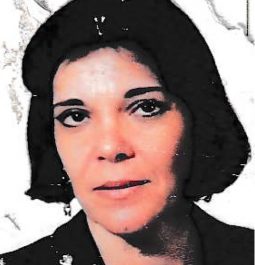Presentation
This course originated in a reflection on the Humanities that focused particularly on the area of Modern Literatures and Cultures, its emergence throughout the 19th century, its rapid evolution in recent decades and its role in the contemporary world. Two fundamental ideas arised from this reflection, which were decisive for the design and setting of the course structure of the present course: (1) first, it was found that there was a need to update and adapt these areas to new themes and realities that have undoubtedly marked contemporaneity; (2) second, there was a desire to not lose sight of the paths already travelled by these areas nor of the classical, historical and methodological references of Modern Literatures and Cultures.
In this context, and while facing the challenges posed by these two conditioning factors, a broad notion of myth was considered to have all the conditions to constitute the central thematic core of the course, particularly because it is a transversal concept in relation to the old national philologies, but also because, from the disciplinary point of view, it is involved in many cultural, literary and artistic representations.
Vacancies
Secretariat
linguas.literaturas@fcsh.unl.ptAssociated Research Units
Curricular structure
Duration: 4 semesters Credits: 120 ECTS
The course structure of the course follows this perspective and is developed around these ideas. It is composed of 4 semesters, 2 of which are dedicated to the teaching component (6 seminars), while the remaining 2 are given over to the elaboration of the dissertation or the project, or the undertaking of a practical work experience with report. The mandatory seminar "Myth: History and Theories" constitutes the theoretical-methodological reference point and anchors the whole course. The optional seminars essentially seek to problematise themes that have proved to be important in contemporary society, such as the issue of identity in history ("Times and Identities"), the reconfigurations of space ("Landscapes and Borders"), the new influence of visual culture ("Visual Cultures") and of technology and technique ("Technological Thought"), or reflect on themes that constitute the disciplinary area in which the course is inserted ("Modalities of Fiction", "Myths and Heroic Models")
Coordination

Alda Maria Jesus Correia
Modern Languages, Cultures and Literature Department
Assistant Professor (with Habilitation)
